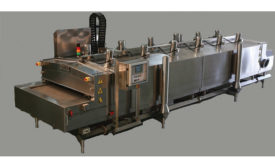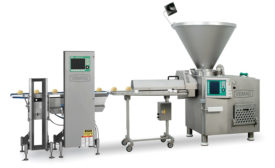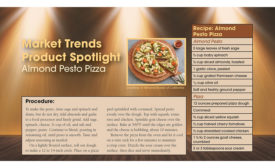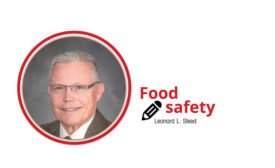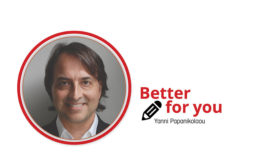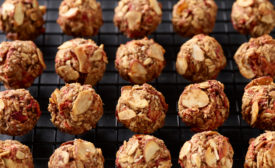Trends
Millennials factor prominently into the current generation of new private label products.
Read More
Improving snack and bakery operations through better thermal management
Proper thermal management can improve safety, sanitation, quality and operational efficiency.
November 9, 2016
The age of innovative, better for you, premium pizza
Pizzas are getting a quality makeover, from better health profiles to bolder flavors.
November 9, 2016
Nutritional ingredients for healthy snacks and baked goods
More nutritional ingredients than ever before are available to bring more better-for-you snacks and baked goods to market.
October 27, 2016
Keep the info flowing with our eNewsletters!
Get the latest industry updates tailored your way.
JOIN TODAY!Copyright ©2024. All Rights Reserved BNP Media.
Design, CMS, Hosting & Web Development :: ePublishing


